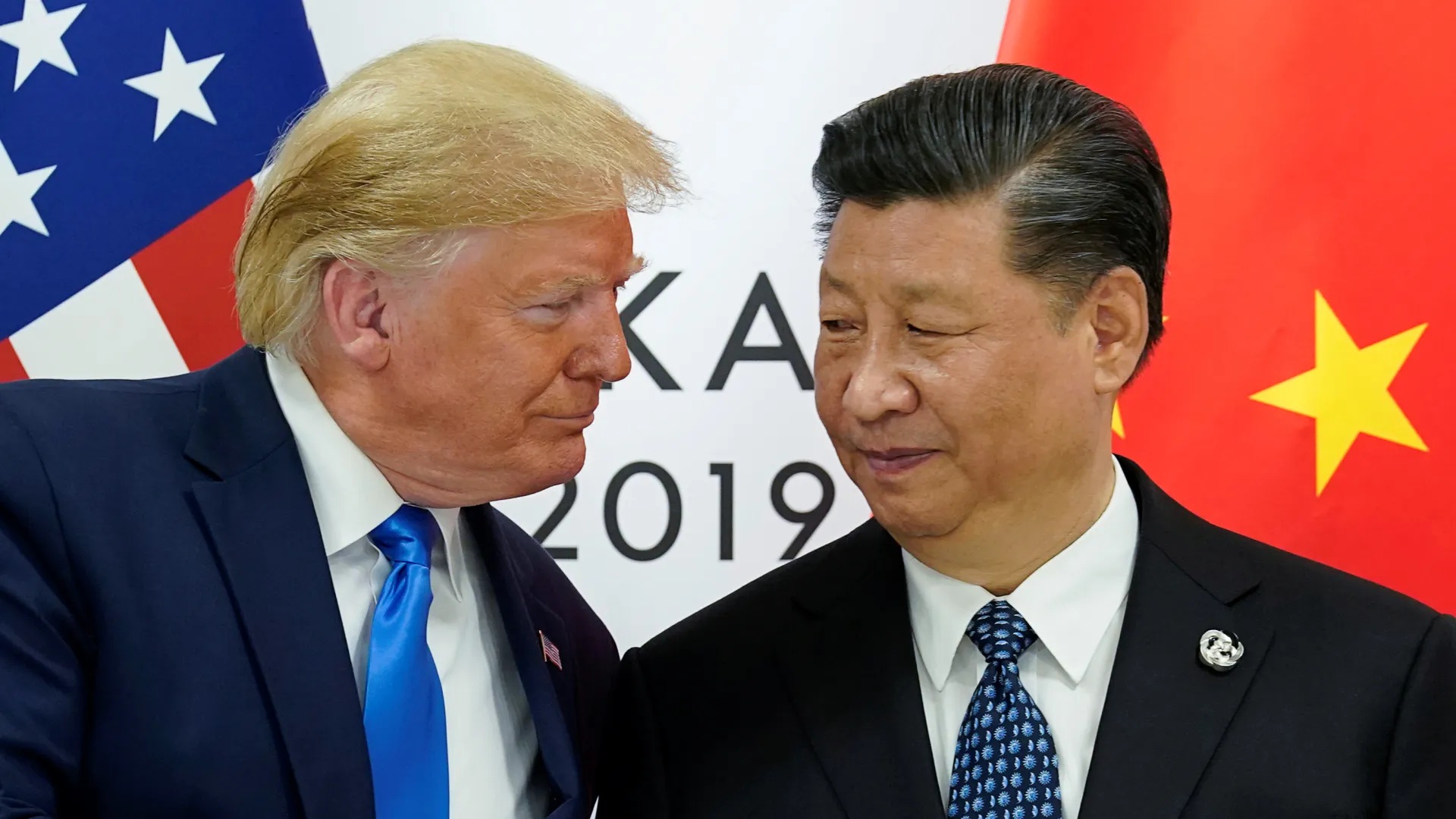The United States is ceding global influence to China due to President Donald Trump’s retreat from multilateral engagement and a transactional foreign policy, according to a report released by Democratic members of the U.S. Senate Foreign Relations Committee.
The document, which assesses the first six months of Trump’s return to office, warns that his administration has “significantly undermined” America’s strategic position in the face of an assertive China.
The report underscores how dramatic staffing cuts at the State Department, and the “chaotic dismantling” of critical institutions such as the U.S. Agency for International Development (USAID) and the U.S. Agency for Global Media, responsible for Voice of America and Radio Free Asia, have weakened America’s diplomatic and soft power tools.
These moves, the report claims, have opened space for China to increase its global influence unchecked.
Characterizing China as a “strategic rival unlike any the U.S. has faced,” the report emphasizes Beijing’s long-term plan to replace the United States as the dominant global power.
“While President Trump withdraws from international institutions, attacks U.S. allies, and undercuts our diplomatic corps, China is strengthening ties, expanding its global presence, and reshaping the international system to serve its own interests,” said Senator Jeanne Shaheen, a senior Democrat on the committee.
In particular, the report points to Trump’s abandonment of key global initiatives, including the World Health Organization and the Paris Climate Accord, as critical missteps.
In the vacuum left behind, China has increased foreign aid, invested in global infrastructure, and expanded its diplomatic reach.
Additionally, Trump’s aggressive tariff policies have reportedly weakened U.S. trade alliances.
They have also pushed even some of Washington’s closest partners toward deeper cooperation with Beijing, the report contends.
This Democratic warning comes amid the release of a new global opinion survey by the Pew Research Center, which reflects a growing perception of China as the world’s leading economic power.
According to Pew’s findings, in 2025, 41 percent of global respondents identified China as the top economic power, narrowly edging out the U.S. at 39 percent.
Despite ongoing concerns about China’s global ambitions, public opinion of the country has improved in 15 of 25 surveyed nations over the past year.
Notably, favorable views of China increased in countries such as Mexico, South Africa, Turkey, Kenya, and Indonesia.
Among high-income nations, including Canada, Germany, Japan, the U.K., and South Korea – the United States has suffered a sharp dip in approval.
The percentage of people with a favorable view of the U.S. fell from 51 percent in 2024 to 35 percent in 2025.
By contrast, favorability ratings for China rose in these same nations, from 23 percent to 32 percent.
Confidence in the U.S. president has also dropped significantly.
While President Joe Biden had a 53 percent approval rating across high-income countries in 2024, that number has plummeted to 22 percent under Trump’s renewed leadership.
President Xi Jinping, in contrast, saw a modest rise in approval, reaching 24 percent in 2025.
Experts say the Trump administration’s unpredictability has made China appear, at least in the business realm, as a more dependable partner.
Ian Chong, a political science professor at the National University of Singapore, noted that skepticism toward the U.S. has deepened across Asia.
According to him, this is where many now view cooperation with China as a viable alternative.
However, he added that despite this shift, most countries remain deeply tied to the U.S. economically and cannot afford a complete pivot.
William Yang, a Northeast Asia analyst with the Crisis Group, echoed this sentiment, saying many nations, especially U.S. allies in the Indo-Pacific, are seeking to manage uncertainty by stabilizing relations with Beijing.
“We’re seeing a rise in high-level diplomacy with China,” Yang said, citing recent visits by leaders from Australia, India, Brazil, Singapore, New Zealand, and Spain to meet President Xi.
Despite lingering concerns about China’s security practices and global ambitions, the drive to counterbalance U.S. unpredictability is pushing some nations toward a more pragmatic engagement with Beijing.
This growing willingness to engage with China may be contributing to the slow but steady improvement in the country’s international image.







